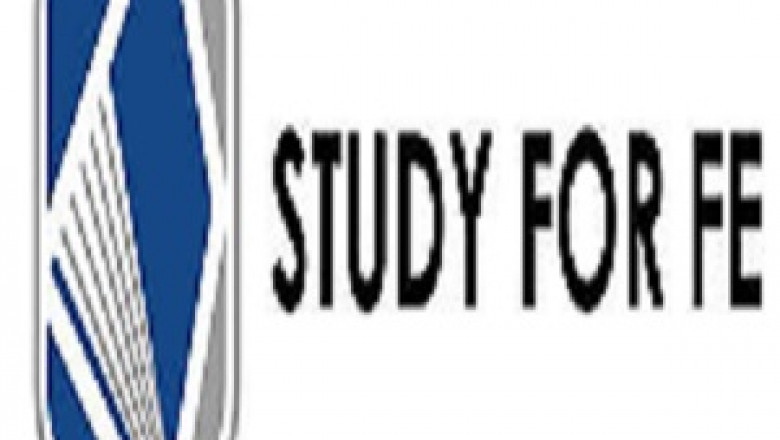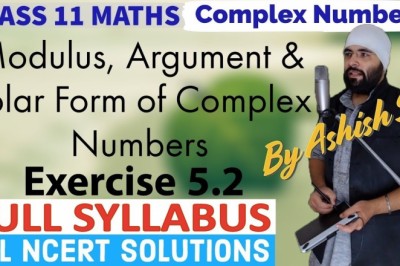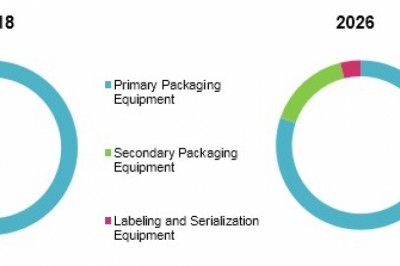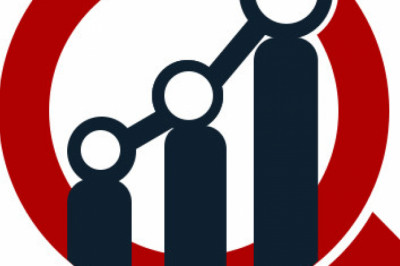views

Engineering Ethics for FE Exam
Engineering is a highly valued, respected, and grooming profession. To serve this important profession honestly, engineers adopt high standards of honesty and fairness. The reason is the impact that engineering directly or indirectly cast on the lives of the public and contributes to the national as well as the global economy.
Therefore, the conduct and roles of engineers must be enriched with honesty, unbiasedness, fairness, integrity, and non-discrimination. All these aspects of personality and profession are crucial for public health and safety as well as client security. Engineers must stick to a higher level of professionalism that reflects their honesty and dedication to the field.
Engineering Ethics for FE Exam is included in the syllabus as directed by NSPE. These FE exam rules or NCEES® model rules are intended to test knowledge of the Electrical engineer code of ethics of candidates going to attempt the FE exam.
This blog will help you go through the series of statements that you need to answer in either True or False related to Engineering Ethics for the FE Exam. Let’s go through these statements in detail.
NCEES® Code of Ethics for the FE Exam
1. Licensee’s Responsibility to the Public
- Licensees need to meet their professional obligations carefully to ensure the health, welfare, and safety of the public.
- Licensees are allowed to pass subjective remarks if such remarks are in written or documented format and align with the interests or values of their employer or the public.
- Licensees do not require to get into any truthful acts for the vast interest (health or safety) of the public.
2. Licensee’s Responsibility to Clients and Employers
- Licensees are allowed to take charge of the responsibilities that lie outside their area of expertise after informing their employers.
- Licensees must serve their employers or client as valuable and fair employees.
- Licensees are not liable to follow any laws of the state or federal if they deem their actions harmful, destructive, or problematic for their employer or clients.
- If Licensee’s judgment is revoked or terminated due to the potential reasons of undermining the life or property of any individual or group, they must inform their employers or clients or concerned authorities.
- Licensees are allowed to review but they shall refrain from approving such engineering/architectural/technical documents that fail to meet the industry standards.
- Licensees shall refrain from disclosing any sensitive or non-sensitive stats, data, or information without the written consent of the client or employer. Whereas, the information or data prohibited from this category by state or federal laws can be shared.
- Licensees shall abstain from permitting the use of their names in business activities owned by a person or group that they think is involved in fraudulent and decisive activities unless such business ventures are found to align with the concerned state or federal regulations or compliances.
- Licensees with information of any alleged breach or violation of these engineering ethics codes, shall inform the concerned authorities (private or public authorities), and ensure full cooperation with the authorities in charge to further validate such information.
- Licensees shall not sign any documents or plans that involve activities out of their technical knowledge or domain but they are allowed to sign documents not created under their supervision but sourced from someone they deem experienced in the involved activity or domain.
- Engineers shall remain objective and honest in professional documents or statements to ensure they best serve the interests of the other stakeholders, team members, and employer. The Licensee’s documents shall include all associated and complete information with the date that reflects the time frame for which they were occupied by the employer or client to develop such reports.
- Licensees can state publicly technical arguments based on true knowledge and facts required in the specified domain.
- Licensees shall not pass any statements, critical remarks, or opinions on technical matters that are preferred or paid for by interested individuals or groups until they add their comments by independently identifying the interested person or group on behalf of whom they are supporting the particular cause.
- Licensees may not involve in any matter having a conflict of interest if it impacts or tends to impact their duty and the service delivery.
- Licensees shall not receive or welcome any compensation or financial assistance, from more than one client or stakeholder for the same project or deliverable, unless the scenario is made transparent and affirmed by all involved clients.
- Licensees shall not ask for but may accept any compensation or financial assistance, from outside agents or irrelevant individuals or groups for their services, despite the scenario being made transparent to all involved clients.
- Licensees in public domains as advisors or employees of a government or semi-government authorities may get involved in decisions related to the services offered by them or their employer in the public or private sector unless such decisions or steps preclude technical areas beyond their competency.
- Licensees shall not confirm any agreement or project from a public body on which a senior officer of their parent organization serves as an advisor, consultant, or member.
- Licensees shall not purposefully forge their qualifications nor allow any written misinterpretation of their qualifications. Engineers may accept bonuses or rewards for previous projects or assignments completed at their previous organization. Documents intended for the allocation of employment shall particularly mention the JD (Job Description) and the date of employment.
- Licensees shall admit their mistakes after consultation with their seniors or clients.
3. Responsibility of the Licensee to Other Licensees
- Licensees shall not try to get employment or professional benefits by putting false acquisitions on other licensees, or by any other fraudulent activities.
- Licensees in salaried job roles shall embrace part-time engineering assignments or tasks only to the degree aligned with regulations set by the employer and ethical or moral codes.
- Licensees shall refrain from committing any activity that can potentially hurt, injure, or damage the reputation of fellow licensees. Licensees who deem other licensees guilty of any illegal or fraudulent activities shall forward such info to the concerned authorities.
- Licensees in private work environments shall abstain from reviewing the assignment or project of other licensees working for the same employer, except with the consent of a fellow licensee, or unless the contract or job of the fellow licensee is terminated with the same employer.
- Engineers shall honestly pass the credit for any task, project, or assignment to another licensee to whom credit belongs.
Conclusion
The aforementioned NCEES® model rules are vital for your FE exam and engineering career as well. The role of the engineer is highly impactful for both the society and organization. Engineering codes of ethics are intended to keep the honesty and integrity of licensees intact throughout their service duration.
Amid so many societal norms and popular opinions, some of the acceptable but immoral activities are prevalent among the masses. The impact of such activities can be devastating in a critical profession like engineering.
Therefore, Engineering Ethics for FE Exam is added in the course outline of FE exams to keep licensees associated and informed with proven and adapted moral conducts of the industry.
For more information about FE Electrical Exam Prep visit Study For FE.












